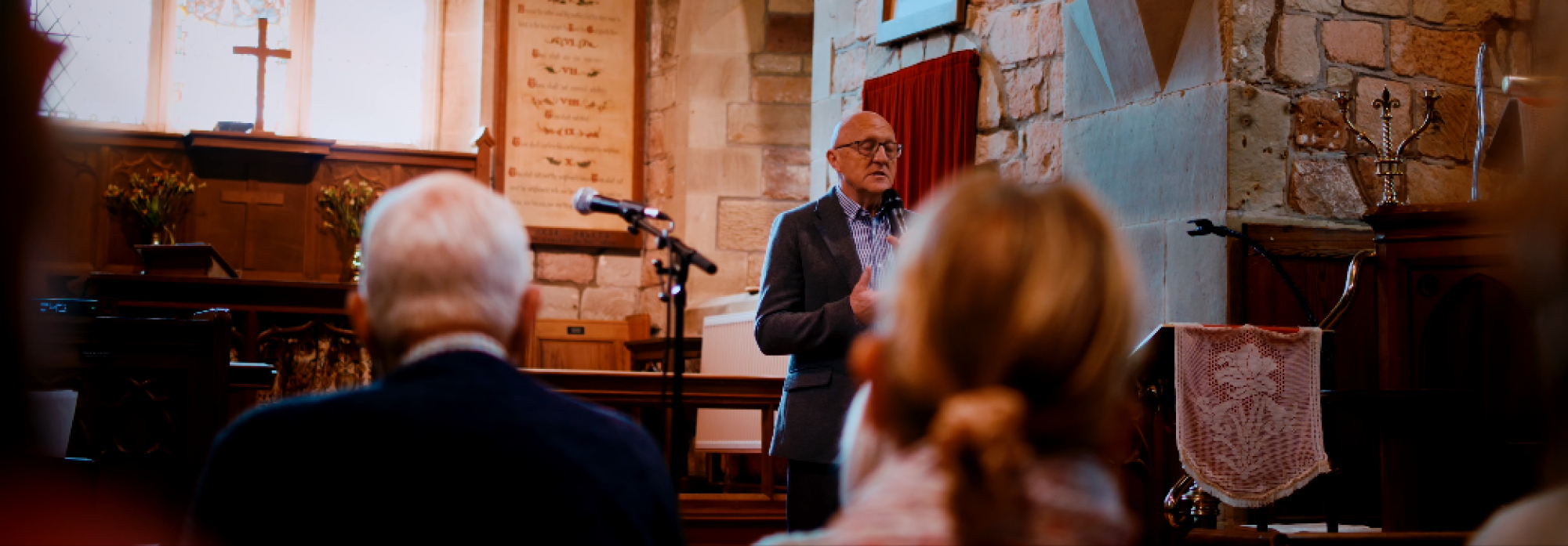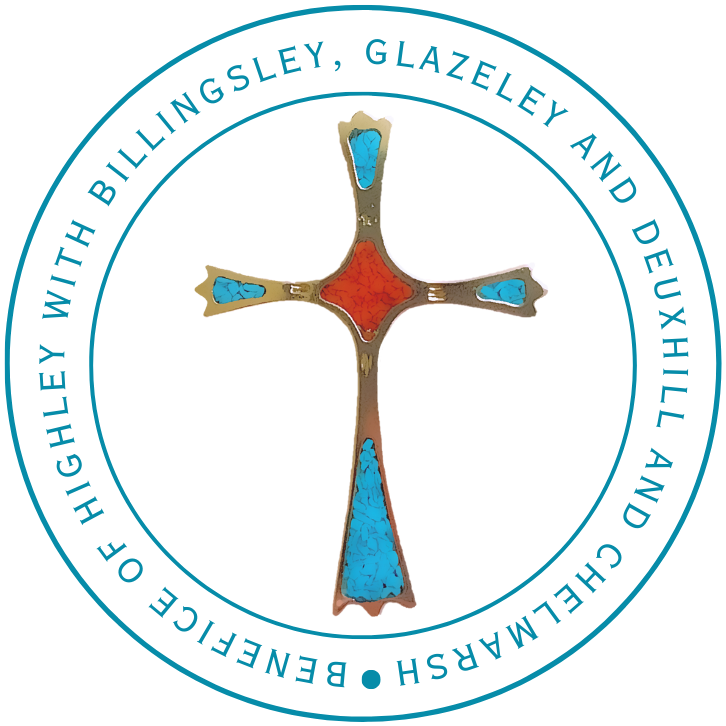I do not like having to admit be ignorant about a topic; so much better to have knowledge! However, in a new series on Radio 4, the former politician Rory Stewart extols the virtue of ignorance, or at least the awareness that we are ignorant about a topic (BBC Sounds – Rory Stewart: The Long History of… – Available Episodes). I haven’t actually heard any of this series, apart from a brief trailer, but that itself made me think about the topic. As humans, we are all curious to know more; another way of looking at this is that our search for knowledge and understanding only begins when we first realise our ignorance about a topic. An admission of ignorance does not necessarily mean that we wish to research a topic for ourselves, but at best it can lead to humility and a willingness to listen to others who do know about it.
Recognition of our ignorance is important for shaping many aspects of our lives. A wise politician will know when they need to take advice because they are dealing with an issue they do not understand. As a scientist, my daily work is driven by curiosity; I see something I about which I am ignorant and want to find out more. My spirituality is also shaped by my recognition of my own ignorance about that what I call God. St Anslem in the Middle Ages famously spoke of “faith seeking understanding”, a phrase that speaks to me about who I am. I am ignorant; Lord, direct my ignorance.
Rev David Poyner

